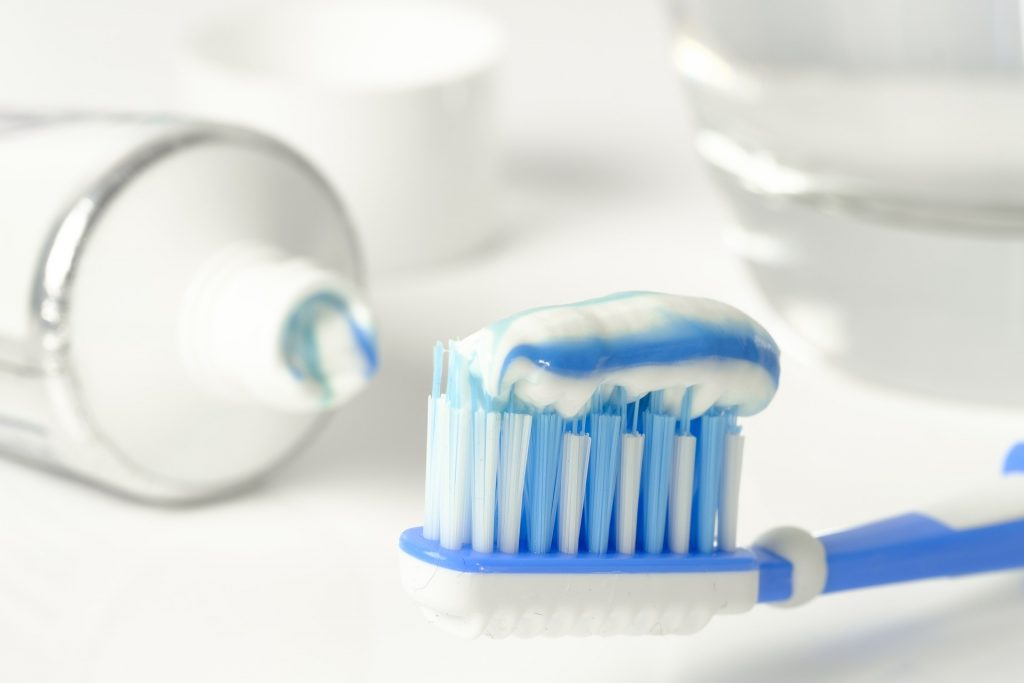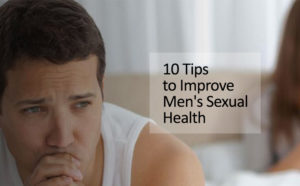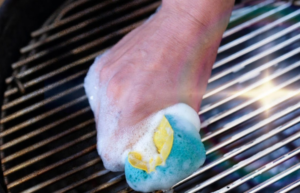DENTAL HEALTH AS YOU GET OLDER

WHAT YOU NEED TO KNOW ABOUT LOOKING AFTER YOUR TEETH IN YOUR MATURE YEARS
Age brings specific challenges to dental health as you get older. Knowing what these are and how to deal with them means stronger, healthier gums, and fewer dental bills.
Here are the top four main problems you may come up against and how to deal with them.
1. GUM DISEASE
Gum disease rises dramatically in the over 65s, with more than half suffering from this problem.
Gum disease (periodontal disease) is where gums become inflamed, red and sore. You may have heard the term gingivitis – this is generally used for gum inflammation and is a precursor to periodontal disease (periodontitis).
If your gums bleed when you brush your teeth, it’s likely that gingivitis or gum disease is responsible.
These conditions are caused by bacteria build up on and around teeth. The resulting plaque produce toxins, which irritate the gums and cause inflammation.
If you think you have gum disease, it’s important to catch it early and get treatment at the dentist. Bacteria can start to attack the bones and ligaments holding teeth in place. If left to advance periodontitis causes teeth to loosen and eventually fall out.
2. BONE LOSS
It’s not just periodontitis which causes bone loss, osteoporosis is also a big factor as we get older. Osteoporosis, where bones become brittle and fracture more easily, is prevalent in over a quarter of women aged over 60 and 11% of older men.
Osteoporosis doesn’t just affect the larger bones, it also impacts bones holding your teeth in place as well as your jaw bone.
BEST WAYS TO KEEP TEETH HEALTHY IN THE GOLDEN YEARS
- Regular brushing and flossing
- Regular check-ups and cleans
- 3.Keep gums healthy by eating plenty of vitamin C-rich foods (citrus, kiwis, cabbage, capsicum)
- Keep up your calcium intake – e.g cheese, yoghurt, or even tinned sardines and salmon
- Include plenty of fish, fruits and vegetables in your diet as these are all anti-inflammatory foods
- If you suffer dry mouth, drink plenty of water, chew on sugar-free gum or try some of the medications available for this condition
3. RECEDING GUMS
While receding gums are often associated with aging, many dentists argue that this condition is not inevitable and more to do with dental hygiene than how old you are.
Receding gums occur where gaps start to form between the teeth and gums. The roots are less protected and are left exposed to attack from bacteria.
This condition often follows on from gum disease where bacteria attack gums and cause inflammation. Overly vigorous brushing can also contribute.
Eventually, tooth loss can occur because of damage to bone, ligaments and gum holding teeth in place. The condition is treatable but it is much better to catch it early.
Careful tooth brushing and flossing will help to prevent bacteria from attacking these parts of the teeth.
You can tell by looking at your gums whether or not this is happening. Having sensitive teeth is another possible sign.
Your dentist will be able to check for you and, of course, regular check-ups and cleaning is essential.
4. DRY MOUTH
Dry mouth is a problem affecting around one in three people over 65. It is mainly due to the side effects of certain medications which become more commonly used as we age. The main culprits include antidepressants, antacids, blood pressure medications and diuretics.
A good flow of saliva is crucial to dental health and has several functions:
- Provides calcium to help remineralise teeth
- Keeps the acid/alkaline balance in the mouth correct, which stops bacteria from proliferating
- Saliva contains antibodies that keep bacteria at bay
Read More:







